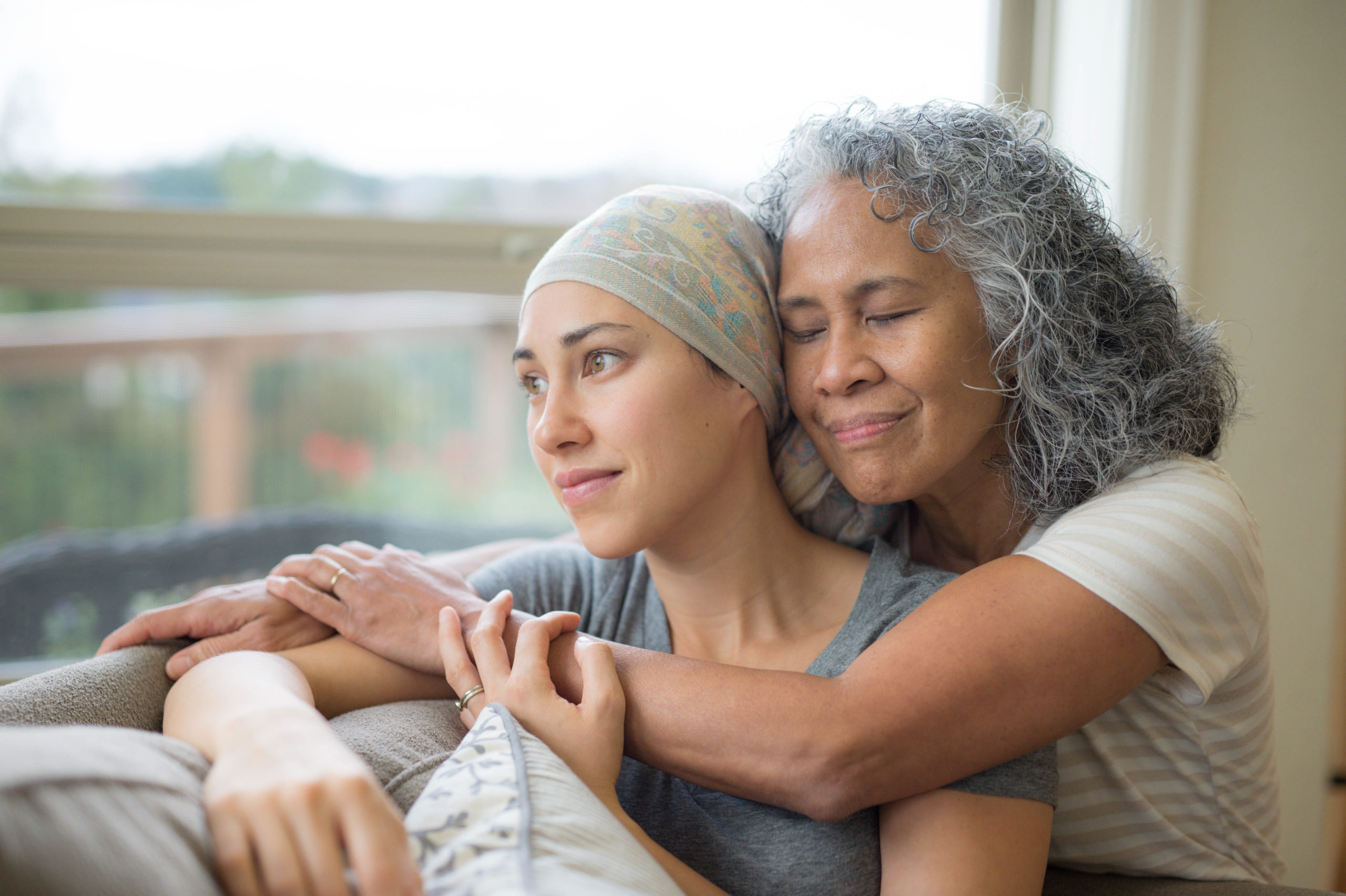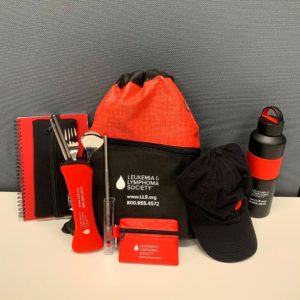
November is National Caregivers Month.
The important role of caregiver can come about unexpectedly or thrust on someone suddenly. The duties of caregiving can affect the health and wellbeing of caregivers. The ongoing stress and obligations can take a toll on the caregiver’s body, mood and personal relationships. With friends, family and healthcare providers primarily focused on the person with cancer, the caregiver can be overlooked.
One study reports that 17% of caregivers feel their health in general has gotten worse as a result of their caregiver responsibilities. Another study shows that the toll of caregiving on caregiver health worsens over time. For these and more caregiver statistics, visit the Family Caregiver Alliance: National Center on Caregiving.
If you are a caregiver, remember that you can’t pour from an empty cup. This means you can’t care for your loved one if are not well yourself. Take these steps to nourish and support yourself.
Eat well. You may have little time for your own food preparation but make healthy eating a priority for you. Try these tips:
- Grab a fruit or some veggie sticks for snacks, instead of salty chips and sweets.
- Plan your menus 2-3 days in advance to reduce stress.
- Take short cuts with ready-to-eat chicken or meat, sliced vegetables, precooked whole grains and heart healthy soups to which you can add leftover cooked chicken or lean beef.
- Try smoothies made with frozen fruit and vegetable blends.
- Swap alcoholic beverages for fizzy refreshers made with carbonated flavored waters, topped with a citrus twist.
Replenish your happiness and joy each day. Make a list of activities, hobbies and relationships that give you pleasure and joy. Often these interests fall by the side as the demands of caring for a person with cancer takes priority. Registered dietitian (RD) and cancer survivor Jean LaMantia recommends that “you find laughter in your day, as laughter helps raise immune cells in your body.” Learn more about the benefits of laughter.
Move more. Start slowly if you have not been physically active in a while. Get outside and walk 5-10 minutes at a time. In bad weather, try an online yoga or exercise class. Search for free videos online. You can also ask your insurance provider if they provide any exercise programs. Physical movement helps elevate your mood, reduce feelings of social withdrawal, improve brain health, improve sleep and reduce insulin sensitivity.
Connect with others. Spend quality time with loved ones using video calls if you can’t meet in person. Start a virtual book club, cook a recipe together, sing songs or craft together. Find a caregiver support group to talk others who can relate to what you are going through as a caregiver. The Leukemia & Lymphoma Society offers the following ways for caregivers to connect with each other:
- LLS Community—Join a community of other caregivers.
- Patti Robinson Kaufmann First Connection Program—Connect with a trained peer volunteer who has experienced a similar situation.
- Online Chat—Chat with other caregivers on a recurring basis.
Ask for help. (And accept it.) Don’t try to do everything yourself. Create a list of tasks you need help with so that when a friend offers to help you can give them a specific way they can assist you. No one can be an effective caregiver by themselves. It takes a village!
Remember your own medical needs. Keep up with your own healthcare and screening appointments. If you take medication, take it as prescribed and remember to refill it as needed.
You can stay healthy and be a better caregiver if you take care of yourself first!
Caregiver Resources
The Leukemia & Lymphoma Society (LLS) Caregiver Support includes:
- The Caregiver Workbook
- Webcasts and videos
- Online Chat
- Online social community
- Peer to peer support
- Podcasts
- And more
One on One Support
Caregivers of blood cancer patients speak one-on-one with an LLS Information Specialist about disease, treatment and support information and resources:
- Call: (800) 955-4572
Monday to Friday, 9 a.m. to 9 p.m. ET - Chat live online: Click here to chat
Monday to Friday, 10 a.m. to 7 p.m. ET - Email: Click Here
Additional Resources
Win a Swag Bag for Your Caregiver
Post a message to your caregiver or a picture with your caregiver on Facebook, Twitter or Instagram and use the hashtag #LLScaregiver for a chance to win. Winners will be chosen at random by December 4, 2020.


Awesome content Margaret, this is absolutely true!
I routinely freely advise that caregiving is a tough job in the best of times and situations. Sometimes it is difficult to maintain a positive attitude given the many challenges associated with being a caregiver.
You may also check my blog about Pandemic Caregiving Tips
Hope this will also help. Thank you.